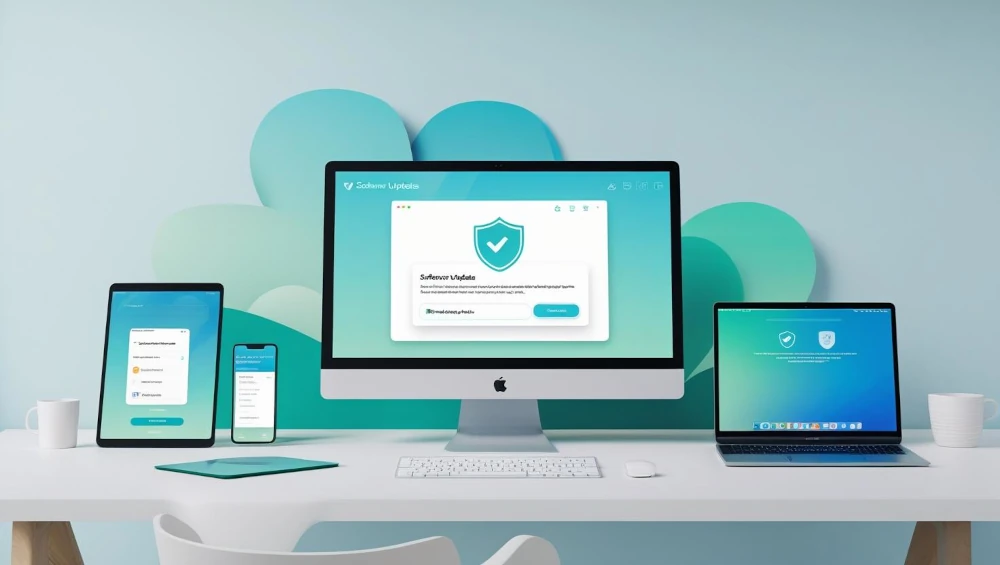Online safety has become mandatory because digital threats continue to develop. Numerous people are unaware that basic daily activities can greatly bolster their online security without needing any technical background. Your risk of falling victim to hackers and scams, along with data leaks, can decrease through the implementation of several intelligent online behaviors.

Avoid Public Wi-Fi Without Protection
Public Wi-Fi networks deliver ease of access yet remain widely recognized as insecure. On unsecured networks, hackers can capture your traffic, which lets them observe your online activity or take control of your sessions. When using public Wi-Fi networks, ensure that you do not access sensitive or profile accounts and do not conduct online transactions. Encryption of your virtual private network connection is the way to protect your data. An essential practice is using a VPN for iOS, especially when accessing public Wi-Fi or unfamiliar websites. This form of security shields your internet use behind encryption, which protects your online activities from outsiders and your details from being known. Treat public Wi-Fi as a security threat until you ensure data protection when using it. Awareness and preparation can prevent serious consequences.
Always Use Secure Password Practices
Strong, unique passwords serve as a basic yet powerful defense against unauthorized access to your online accounts. When you use identical passwords on different platforms, you become exposed if any of those sites suffer a data breach. A strong password must combine uppercase letters with lowercase letters and include numbers and special characters. Personal details like birthdates and pet names should be excluded from passwords as they are easily predictable. Password managers create and keep complex passwords, which helps prevent users from reusing their login credentials. Enhancing your digital protection requires periodic password updates, particularly when suspicious activity occurs.
Be Cautious About What You Click
Phishing emails and dangerous links are hackers’ number one tools for hacking your data. Never click any links or receive any attachments from sources that cannot be trusted. Lying techniques make one believe that fake emails are from trustworthy companies and share private details. Hacking techniques allow fake emails to replicate reputable companies, so people share confidential details. Before clicking on any link, hover over it and check the URL. To avoid potential danger, check messages with misspellings, unusual addresses, or urgent language. Online vigilance and skepticism protect your accounts from scams and prevent malware installations on your devices.
Keep Your Software and Devices Updated

Numerous cyber threats target software that has not been updated and contains known vulnerabilities. Regularly updating your operating system alongside your browser and apps provides you with the newest security patches. Set up automatic updates through all possible means with antivirus programs and security tools as a priority. Users who postpone software updates become easy targets for cybercriminals. The latest updates typically bring performance upgrades and bug correction features to improve the user experience. Updating your systems regularly protects your data and devices from common attack methods that hackers exploit.
Safe internet navigation doesn’t demand advanced knowledge but requires adopting basic habits to minimize risk. Your personal information and online identity stay safe when you use VPNs and strong passwords while remaining careful about clicking links. Safe browsing habits become natural when you combine knowledge with minimal effort.
